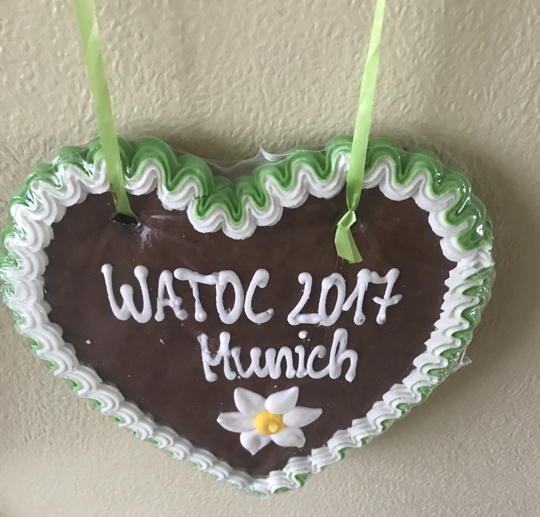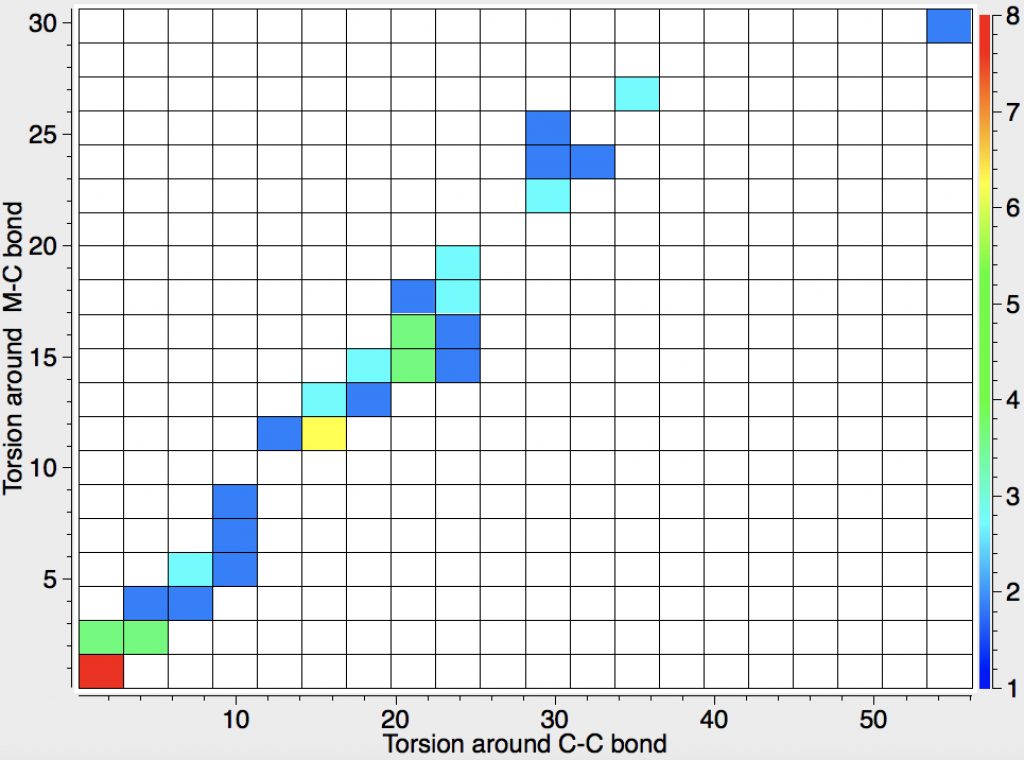
Science frequently works by people making connections between related (or even apparently unrelated) concepts or data. There are many ways of helping people make these connections – attending a conference or seminar, searching journals for published articles and nowadays also searching for data are just a few examples.

